About This Item
Recommended Products
form
crystalline powder
Quality Level
composition
Dye content, 90%
solubility
water: 1 mg/mL, clear, yellow to orange
λmax
442 nm
ε (extinction coefficient)
44000 at 262-268 nm
application(s)
diagnostic assay manufacturing
hematology
histology
storage temp.
room temp
SMILES string
Cl[H].Cc1cc2cc3cc(C)c(N)cc3nc2cc1N
InChI
1S/C15H15N3.ClH/c1-8-3-10-5-11-4-9(2)13(17)7-15(11)18-14(10)6-12(8)16;/h3-7H,16-17H2,1-2H3;1H
InChI key
BGLGAKMTYHWWKW-UHFFFAOYSA-N
Biochem/physiol Actions
Signal Word
Warning
Hazard Statements
Precautionary Statements
Hazard Classifications
Acute Tox. 4 Dermal - Acute Tox. 4 Inhalation - Acute Tox. 4 Oral - Carc. 2 - Eye Irrit. 2 - Skin Irrit. 2 - STOT SE 3
Target Organs
Respiratory system
Storage Class Code
11 - Combustible Solids
WGK
WGK 3
Personal Protective Equipment
Regulatory Listings
Regulatory Listings are mainly provided for chemical products. Only limited information can be provided here for non-chemical products. No entry means none of the components are listed. It is the user’s obligation to ensure the safe and legal use of the product.
JAN Code
199508-250G:
199508-25G:
199508-VAR:
199508-1.5G:
199508-BULK:
Choose from one of the most recent versions:
Already Own This Product?
Find documentation for the products that you have recently purchased in the Document Library.
Customers Also Viewed
Our team of scientists has experience in all areas of research including Life Science, Material Science, Chemical Synthesis, Chromatography, Analytical and many others.
Contact Technical Service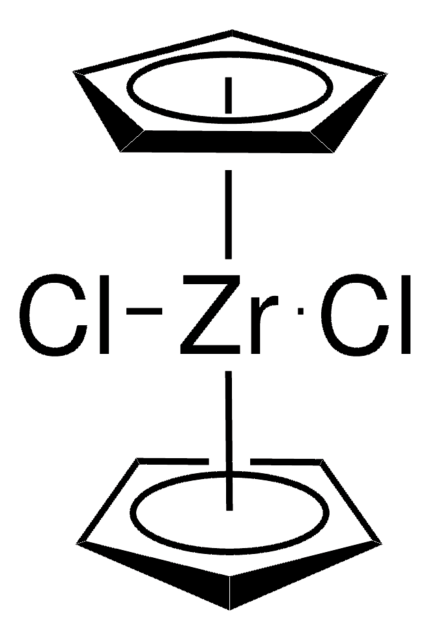
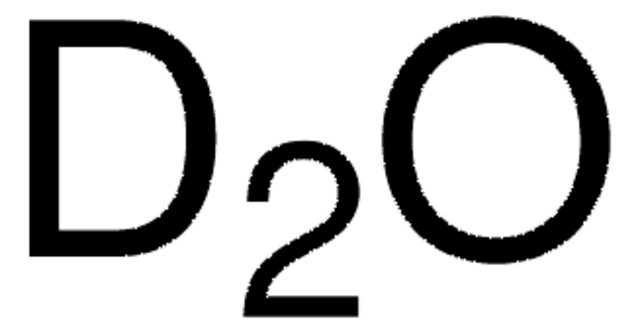


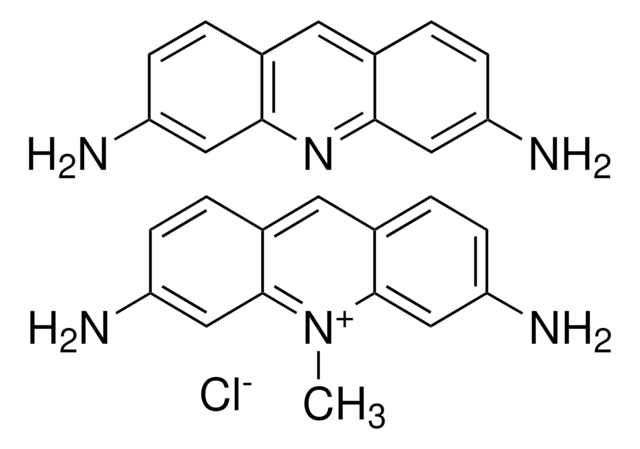
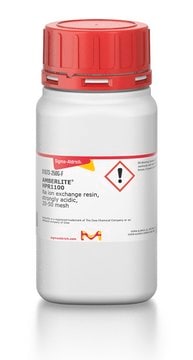
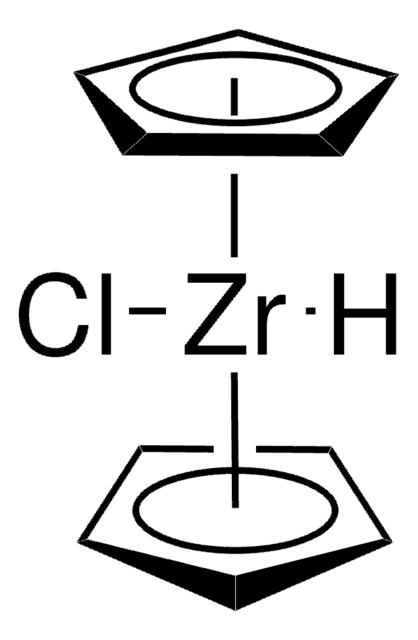


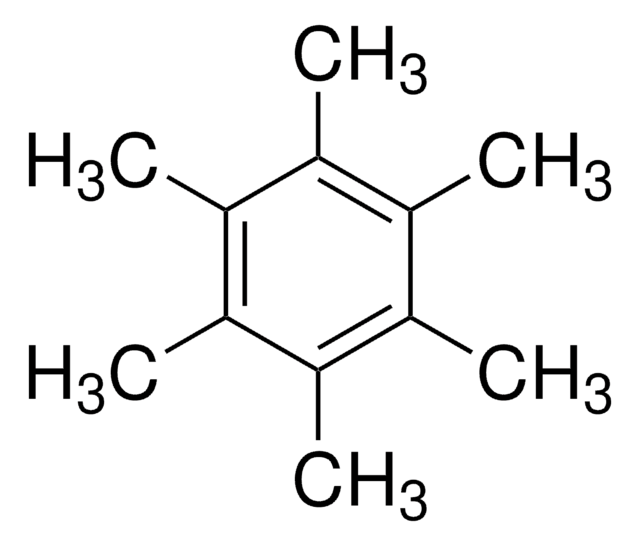


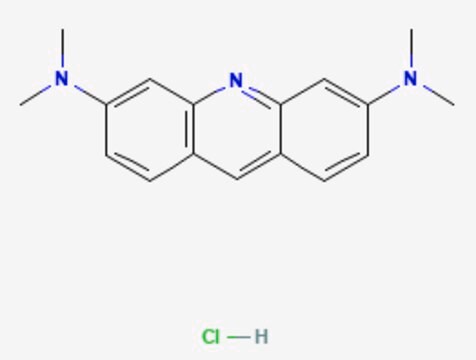
![trans-4-[4-(Dimethylamino)styryl]-1-methylpyridinium iodide Dye content 98 %](/deepweb/assets/sigmaaldrich/product/structures/416/722/5d59b6c3-5f2d-4396-a721-5cb82ba7038c/640/5d59b6c3-5f2d-4396-a721-5cb82ba7038c.png)


